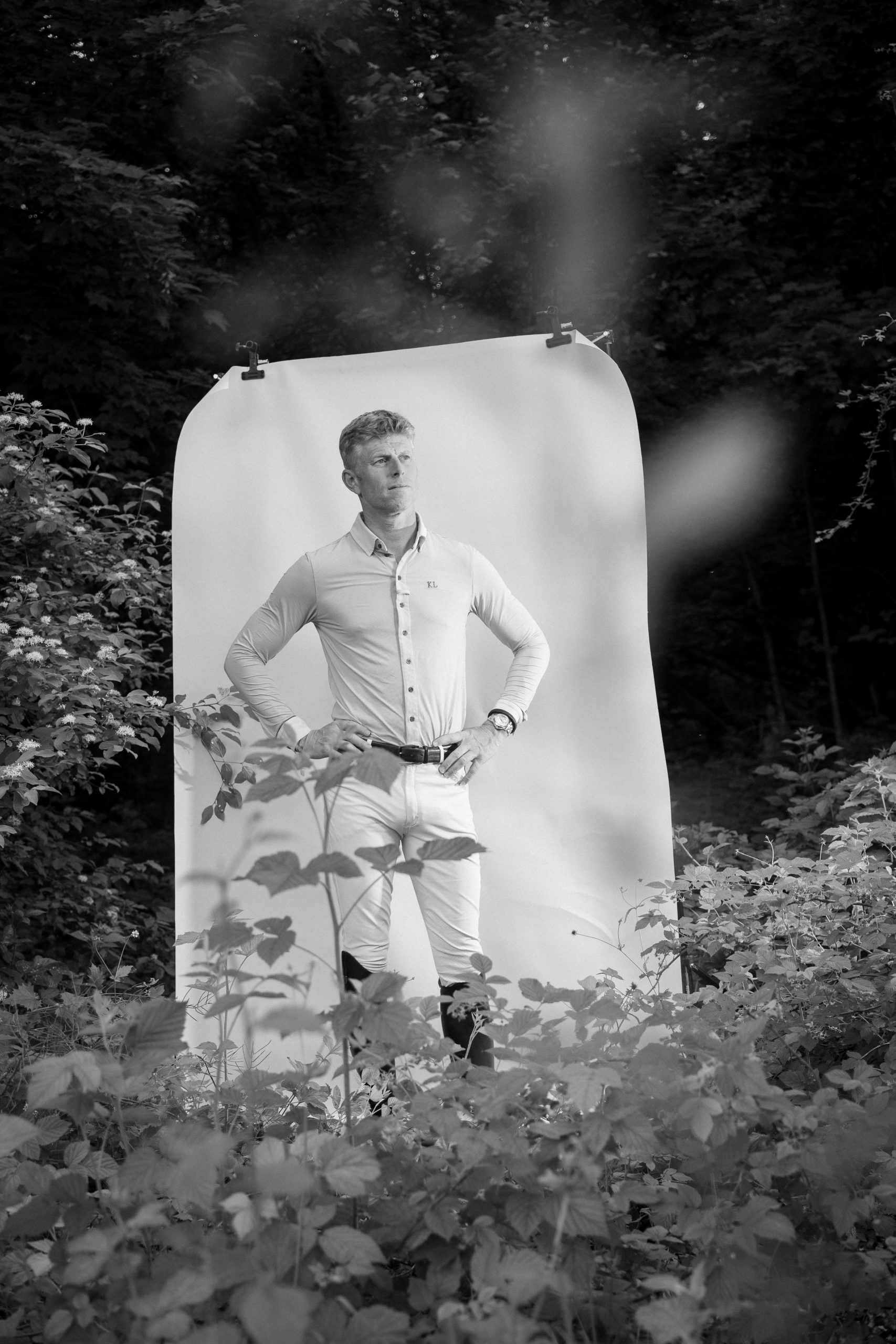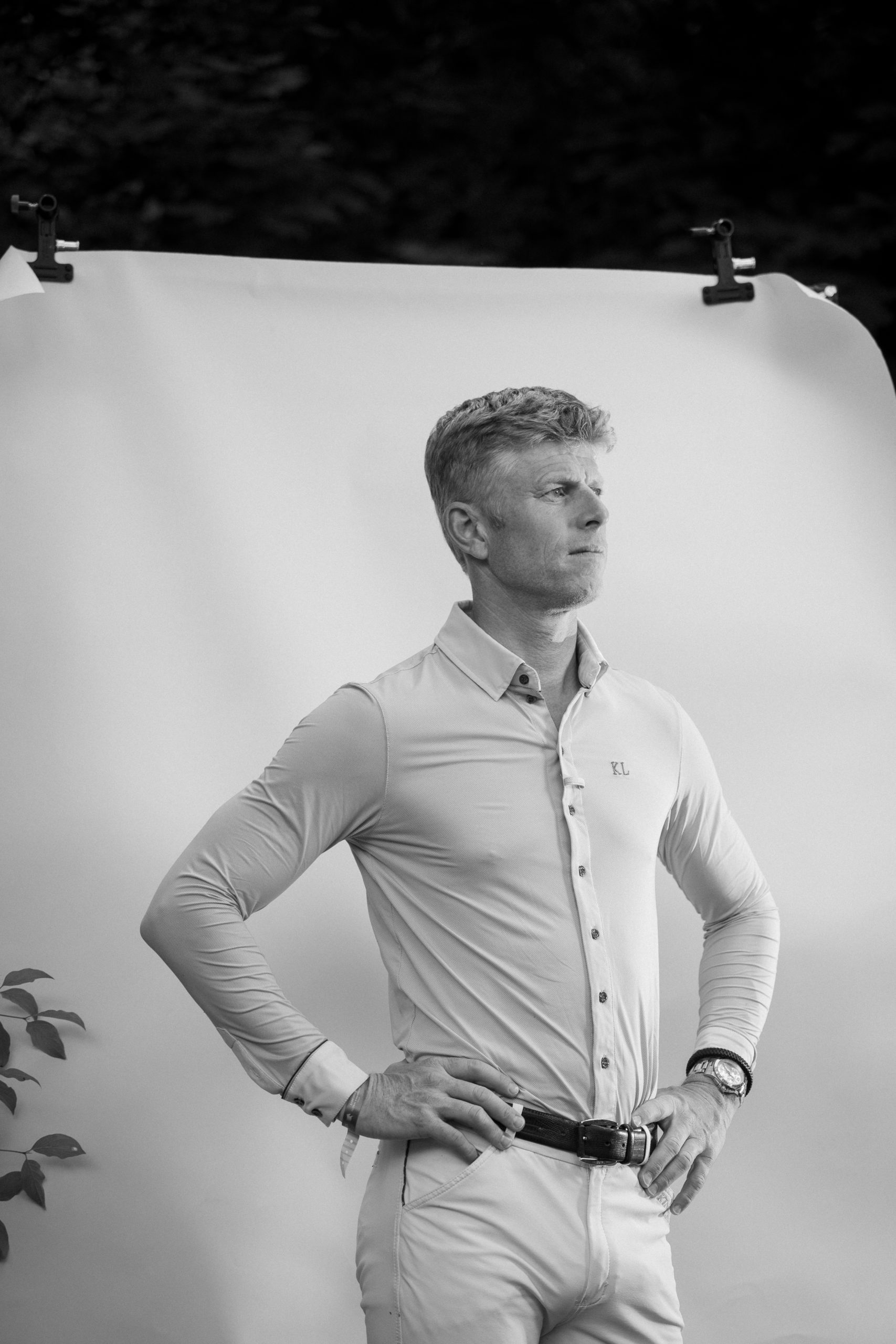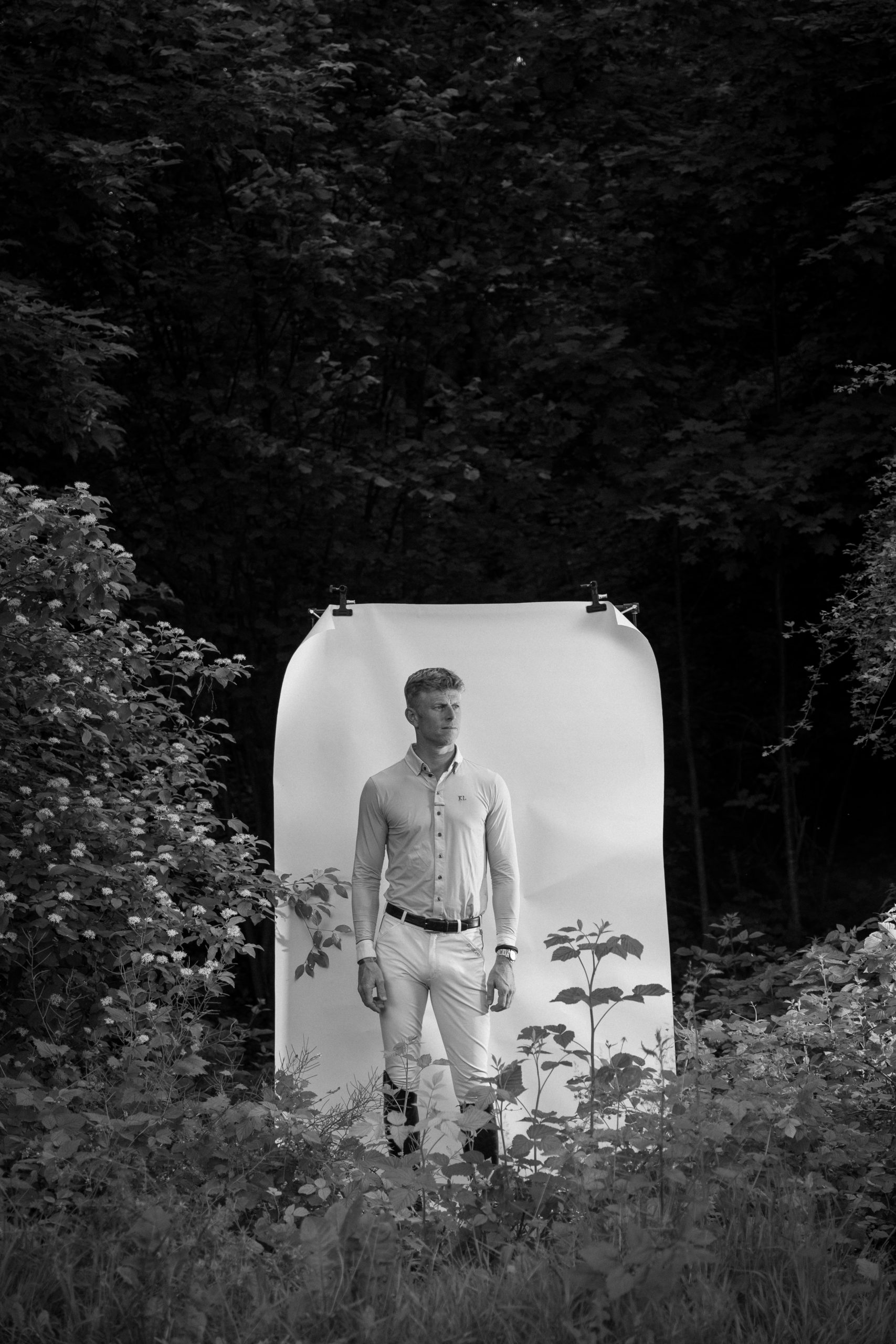Max Kühner has made it to the top 15 in the world while simultaneously pursuing a career as an entrepreneur. Known for his talent in finding and training young horses, the discreet 48-year-old Austrian confided to Equi Book.

Max Kühner, what gives you the most pleasure on a daily basis?
The moments when I feel the most intense satisfaction are when I ride a young horse and a tiny detail, sometimes barely perceptible, makes me think: « Look, he’s progressing, he could become a top horse ». Working on these small successes, looking for them, appreciating them, these are my greatest joys. It’s obvious that I get a lot of pleasure when I do well in a Grand Prix. But my passion, my deepest pleasure, is when I feel those little things that fall into place on a young horse.

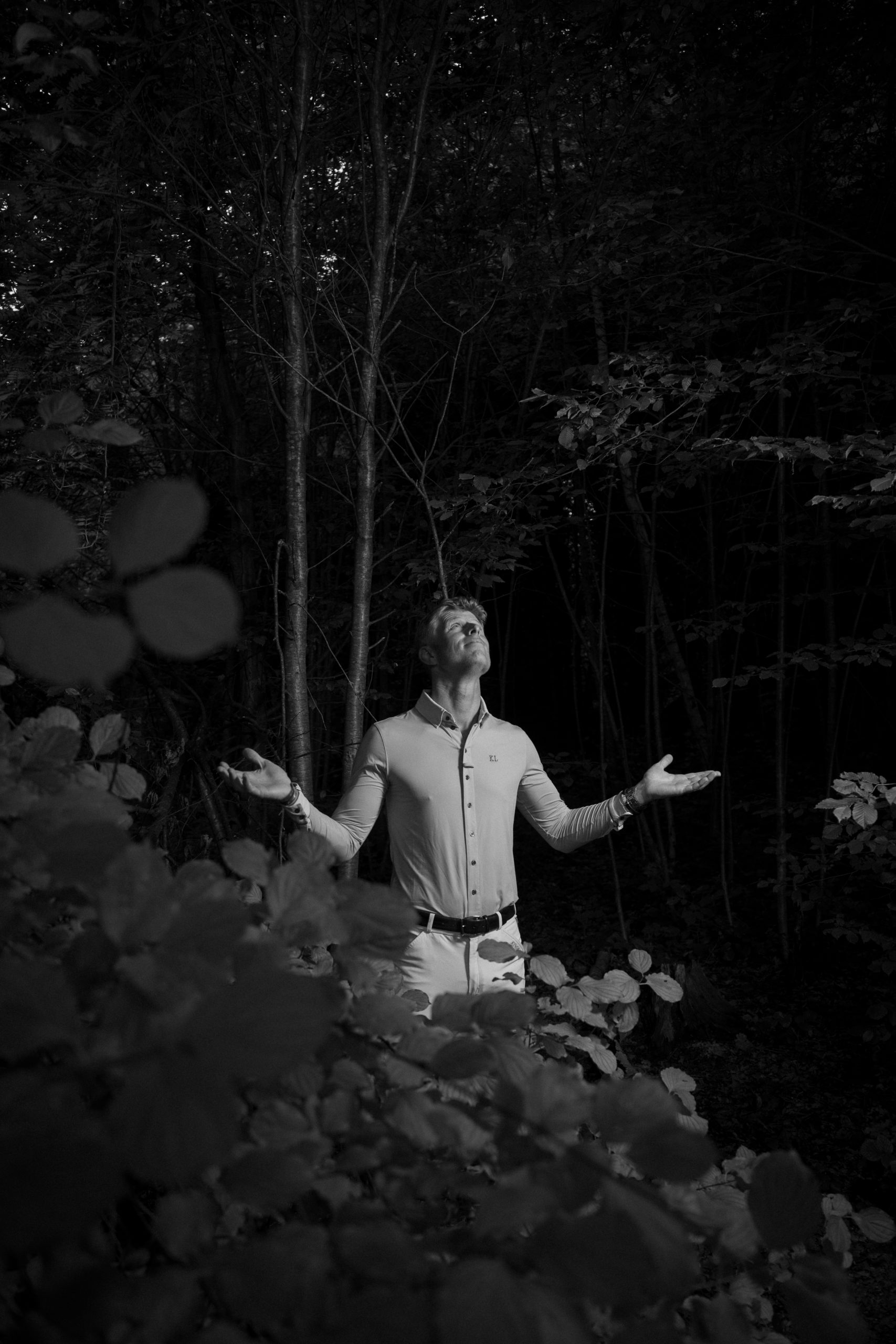

Is your family involved in equestrian sports?
Yes, and it’s all the more enjoyable to share this because it’s a time-consuming activity. My wife is a rider, and the two oldest of our three daughters, who are 12, 9 and 1, also ride. The new generation is already arriving, as the eldest is competing in internationals in the Children category! As for me, I was not born into a family of competition riders. My parents have always loved horses, but they discovered the sport in 1972, when they were volunteering for the Olympic Games in Munich. Since then they have always had one or two hobby horses.
So you started from almost nothing…
In this sport, coming from a family of riders is a real advantage. We often talk about this with Martin Fuchs, who is a good friend, and who has been able to build his career from an exceptional family base. You can think of his sporting career as a wide, straight highway: from the very beginning, he got it right. On my side, I feel like an explorer in the jungle, a lost guy who has to look up to the sky to find his way ! I get it wrong nine times before I understand how to get it right. That said, even if you don’t go as fast as on a motorway, the jungle has its charm, and you learn things all the time. Above all, you can share this knowledge: my children are already much more professional than I was at thirty!
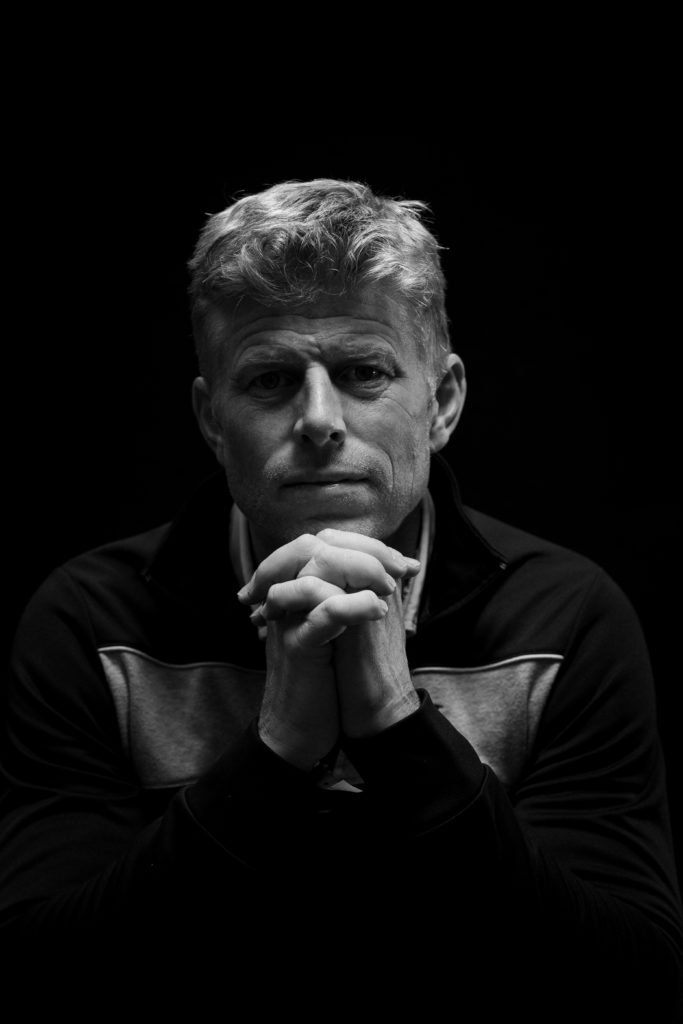
Tell us about the organisation of your stable…
It has always been a dream to have my own facilities, and I became the owner in 2010. At MK Sporthorses we have about 80 horses, 20 of which live in our show barn: these are my lead horses and those of my children. We live under the same roof as the horses, the children literally grow up with them, which is great.
You do some breeding yourself, is that right?
Yes, between 5 and 10 foals are born every year. It must be said that the MK Sporthorses model is largely based on training. In addition to our foals, we regularly buy youngsters aged 3 to 6 years old to build them from scratch. Apart from PSG Future, all my top horses have followed this path. Elektric Blue, for example, came to us as a three-year-old. I love this process, for which I can rely on an excellent team of riders at home, but we also opted for this approach because we simply did not have the sponsors to buy us horses ready for the top level. After the departure of PSG Final, with whom I had taken a 2nd place in the World Cup in Stuttgart, I asked myself questions: how to find, and above all how to keep good horses? This reflection led to the creation of EIC, for Equestrian Investment Cooperation. Inspired by the racing world, this organisation brings together players from the horse world and the economy. Together we acquire good young horses with the aim of marketing them, while reserving a right of pre-emption for myself.
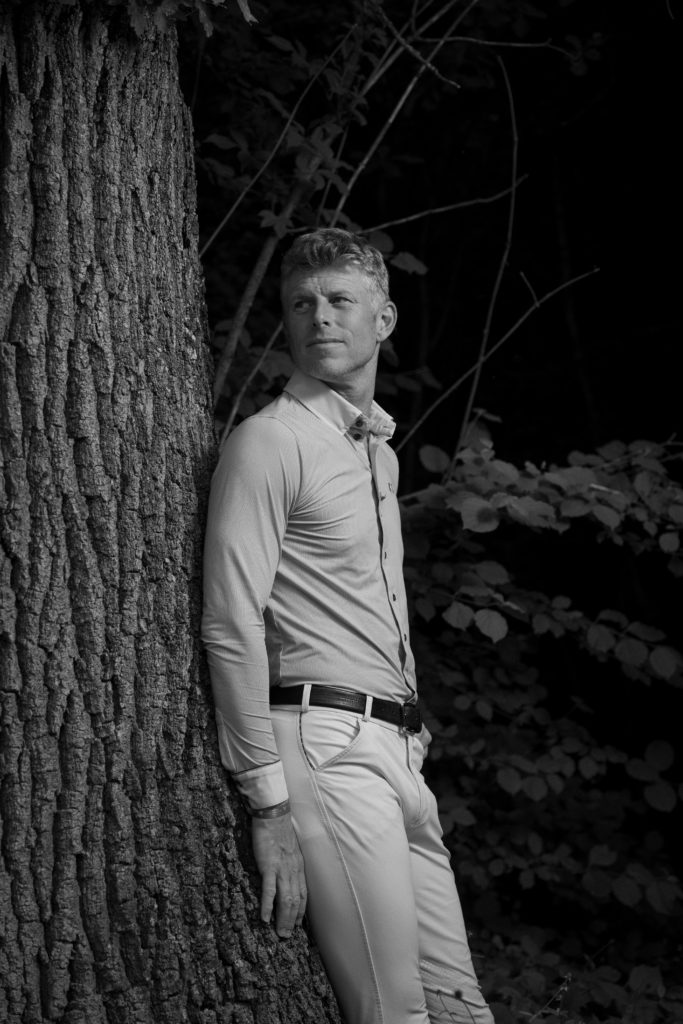
It has to be said that you also have a knack for finding extraordinary horses. What catches your eye in a horse?
I don’t have a list of criteria to tick off, but rather I pay attention to a number of factors. Above all, you have to give them time to develop. When they are with me, they are in « learning » mode, and not in a commercial perspective. My young horses do a few competitions and then return to the herd. I have learned over the years that it’s not a good thing to keep a young horse at a high level for a long time. You shouldn’t see their career as a staircase that goes up and up, but rather as a series of waves. With young, talented and willing horses, it is tempting to jump steps, but this is never good. When Elektric Blue was seven years old, he was on a field, wading through a metre of snow. After just a few weeks of training, we took him to the Sunshine Tour. For the horse, this kind of planning is like a new beginning: since he is asked to do something he already knows, he is in a position to succeed, to enjoy and to be motivated to work.
Even though you are one of the best riders in the world, this is not your only job…
My father wanted me to study before devoting myself to horses. He had to push me, but in retrospect I will always be grateful to him. After my studies, I started to work with horses, but everything didn’t go as planned. I decided to get a job and practice sport on the side. 15 years ago I founded Leaseforce AG with a partner. The group, which specialises in leasing, now has five branches, including in Germany, Switzerland and Austria.

It must quite a challenge to do both jobs at the same time…
It has required some adjustments: for example, we have developed software that allows me to work easily when I travel. When I’m at home, I get up early to ride and I get to my office between 9 and 10 o’clock. Then I work until everything is finished. But I make a point of coming home to eat with my family in the evening. Beyond this logistical aspect, this double role has serious advantages. It allows me not to stay focused on one thing. I sometimes find it difficult to find my inner calm, feeling like a hamster spinning in its wheel, and it’s good to be able to think about something else. And then running a stable is not just riding a horse, it’s also management: no less than 12 people work there. I’m happy to have the know-how from my other job to deal with this. I’m a big fan of lists and charts, everything is very organised at the stable!
How would you define your riding?
I have one goal in mind: always keep it simple. In riding as elsewhere, an unnecessarily complex process will not last, and I am convinced that you can never make it too simple. This applies to my riding as well as to the training of my horses. On the other hand, I have often been criticised for not taking enough risks. It takes a lot of work to improve speed, and sometimes I need to be pushed a bit.
You changed your nationality in 2015, swapping the German flag for the Austrian. Was this a necessary step to reach the highest level?
In Germany, there are a lot of good riders and few places in the championships. If I had kept my German passport, I wouldn’t have had a chance, because I wouldn’t have been able to afford enough horses to stay on top. I don’t regret for a second the choice I made, which allows me to take the time to build my horses: I can for example take a young horse to a Nations Cup or a World Cup stage, which would have been impossible before.
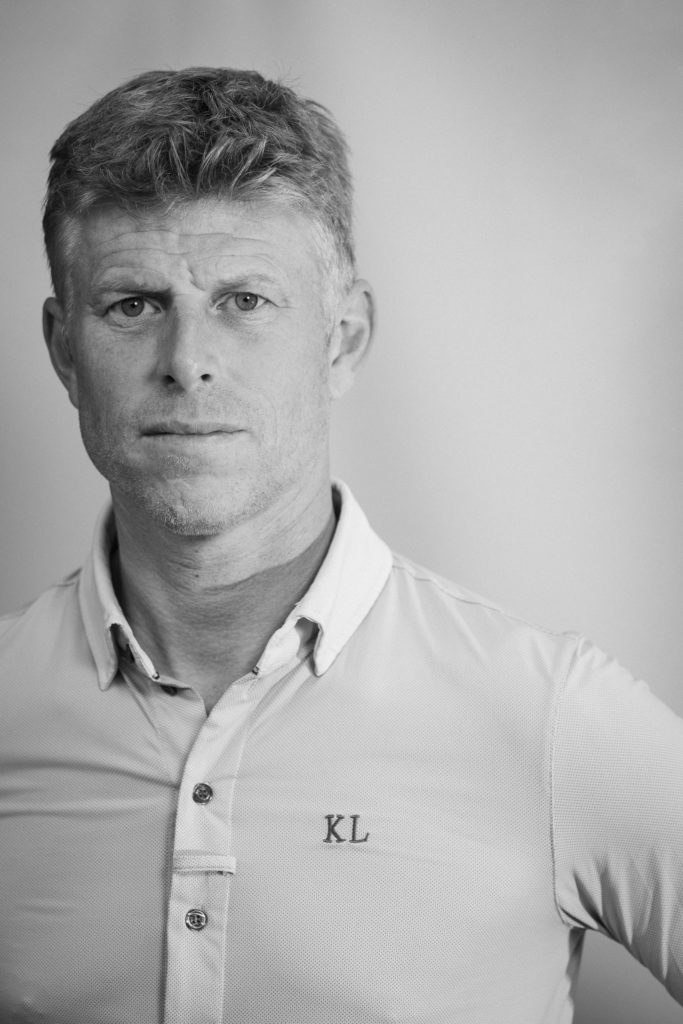
You were a member of the FEI Jumping Committee from 2013 to 2015, you are a member of the IJRC. Is it important for you to take that role for your sport?
We are all involved in the sport every day and there are many things we can’t influence. So it seems natural to me to give my opinion when the opportunity arises. Nothing good ever comes out of everyone staying in their corner. If I don’t like something, it’s my responsibility to speak up, because I love my sport and horses. Then it’s up to the others to answer me or tell me to shut up, but at least I will have opened a dialogue. We riders tend to stay to ourselves, but we need people who are committed to making things happen.
That’s easy to say, but it takes courage to speak out…
It’s true, but it also feels good. Every element that I don’t like weighs on me, a bit like a backpack that is constantly getting heavier. From time to time, it’s important to put everything on the table, to empty one’s bag so as to leave lighter!
